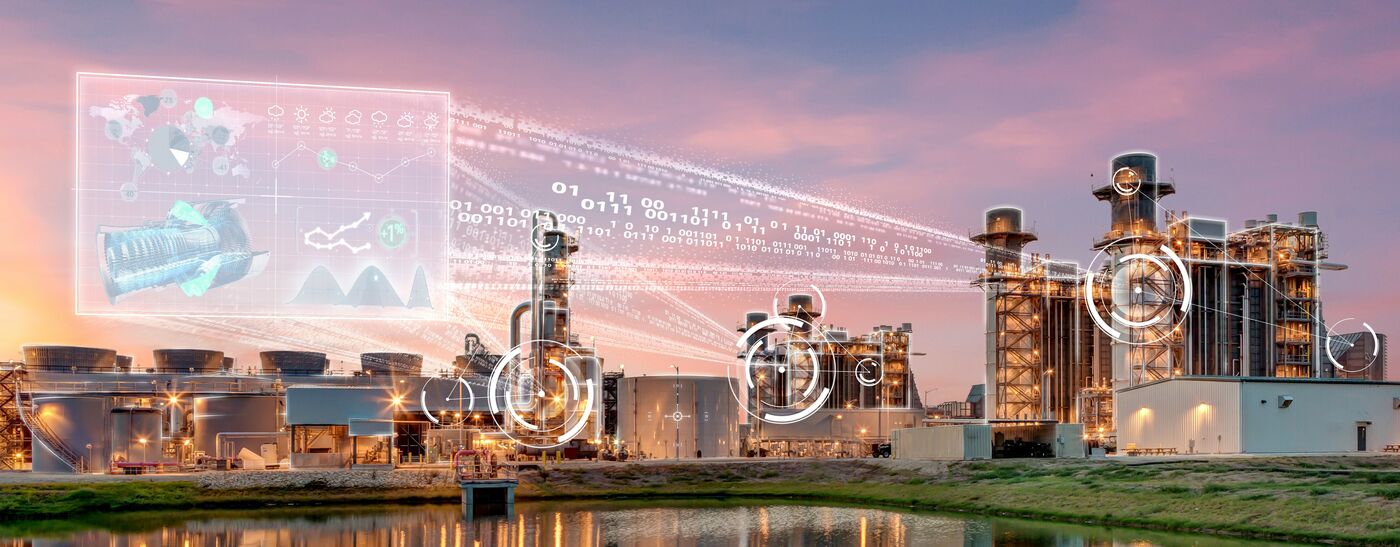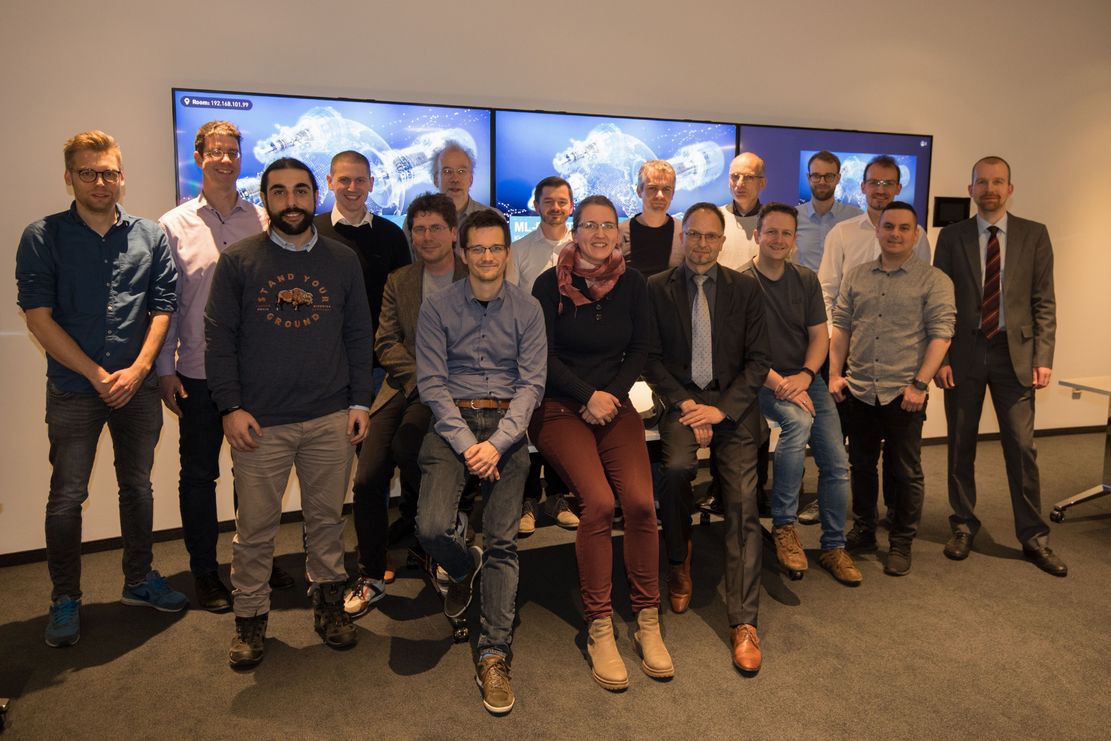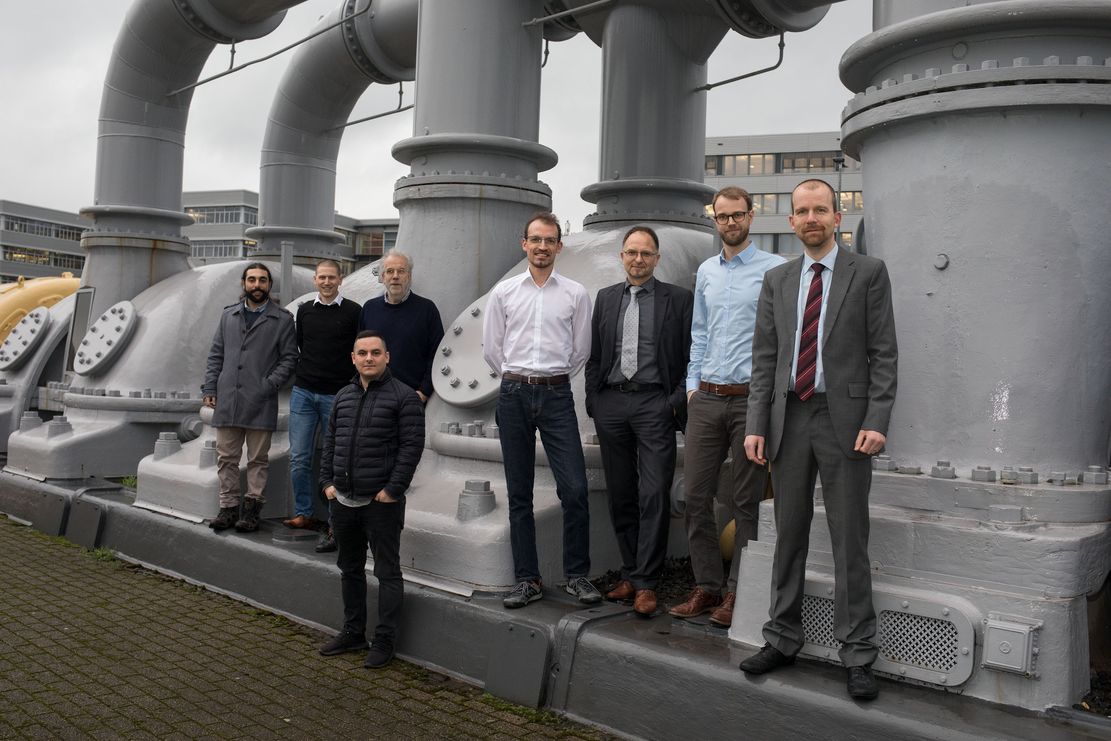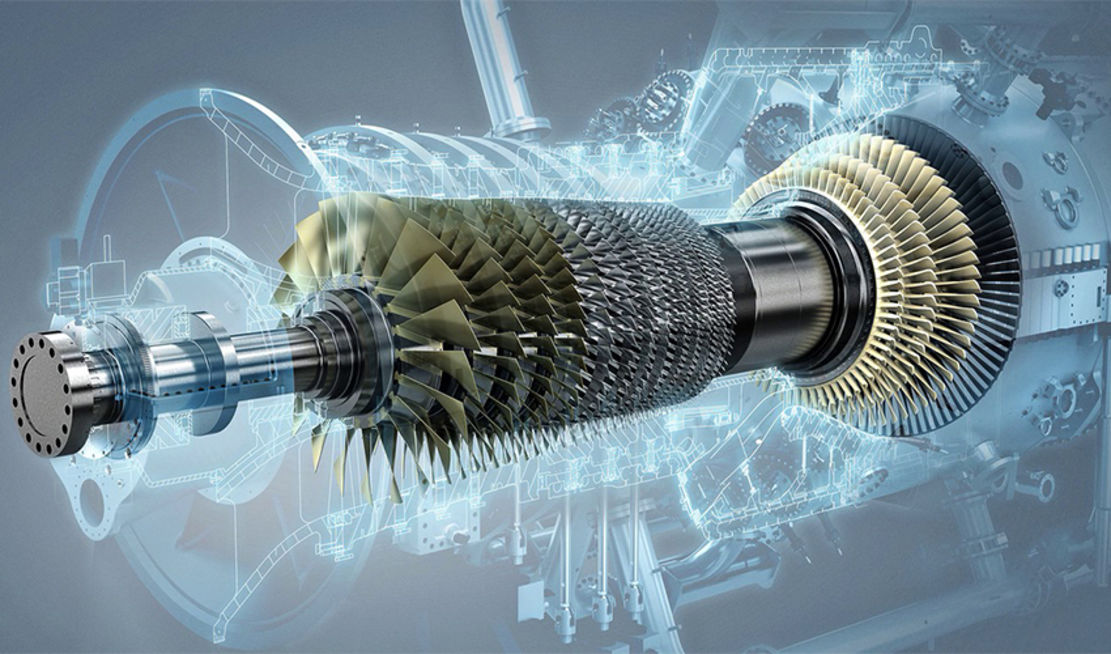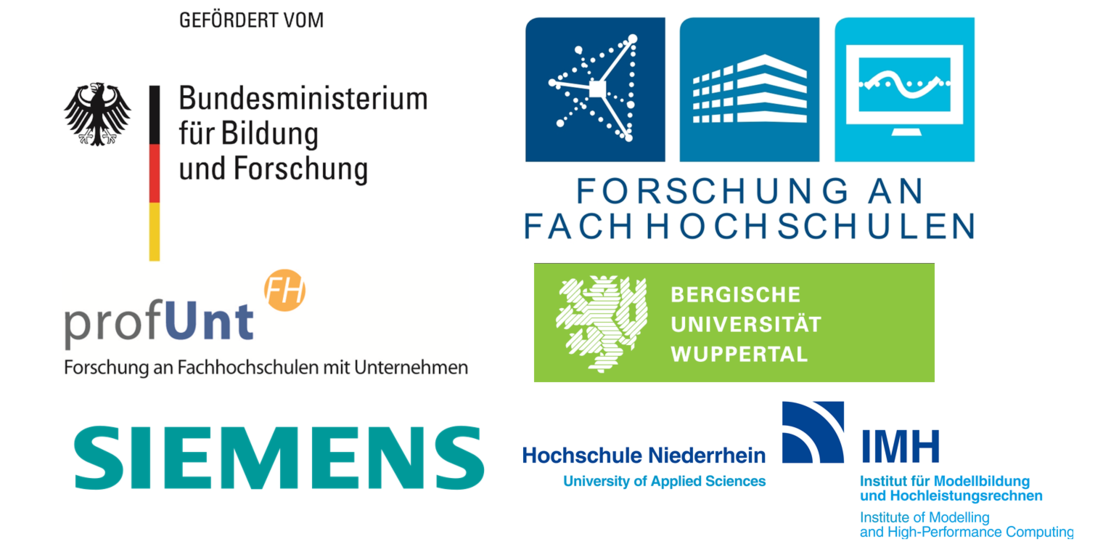The novel approach developed in the three predecessor projects, which were funded by Siemens AG, the BMWi and the BMBF from 2013 onwards, for the explicit consideration of e.g. temporal and/or spatial correlations of multivariate simulation results such as stress or temperature fields, or also lifetime consumption rates, offers a considerable potential for improving the prediction quality in the design and optimization of components. Thus, e.g., a more realistic lifetime prognosis is made possible, which in turn is an essential basis for an optimization of the operation. Application areas of this kind are not limited to conventional power plant construction, but rather similar problems can also be found in all corresponding areas of energy management.
The scientific research of new mathematical methods is to be carried out at the HN with subsequent transfer and transformation of the research results to the energy sector of Siemens Gas and Power GmbH & Co KG, as the world's leading supplier of the complete spectrum of products and services for power generation.
The machine learning approaches to be developed enable ad-hoc optimizations, which thus offers the great opportunity to be used as measures in the large number of already existing plants. Thus, there is a great potential to increase the Energy Efficiency of existing plants and to reduce emissions in the short term.
Within the scope of the research project, selected combined cycle power plants and their components will be used to demonstrate that optimized design and operation can be realized. The new optimization methods will ultimately lead to an increase in the efficiency of turbomachinery with low emissions even at partial load, lowest life cycle costs and reduced investment costs per kW while ensuring high reliability and availability. Furthermore, the introduction to these design methods not only leads to a sustainable energy supply, but also to an increased competitiveness of the German turbomachinery industry with indirect and also direct effects.
On the basis of so-called cyber-physical systems (CPS), dynamic, real-time capable and self-organizing value chains of power plants are designed, which can be optimized according to various target variables, such as costs, availability, energy and resource consumption, flexibility, lead time, etc. CPS can use information and knowledge from real state and process data via software tools and simulate a digital, virtual image of the physical power plant systems via application-specific engineering applications. Every change to a component can be fed back into the virtual image.

